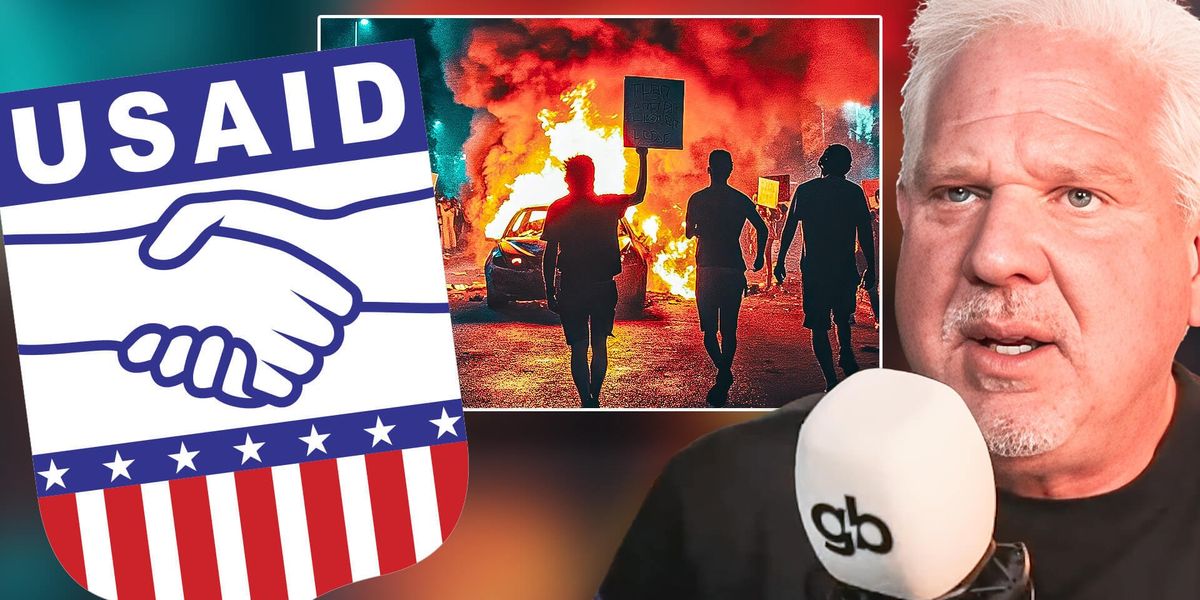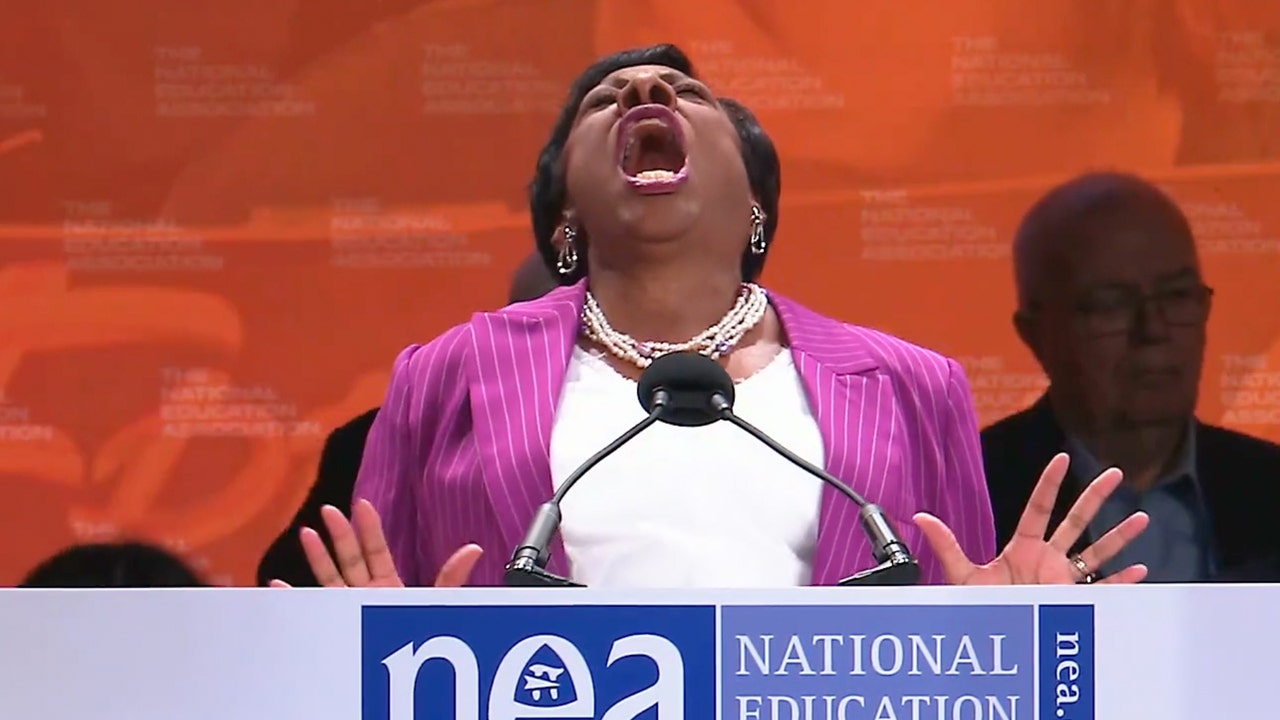Secretary of Homeland Security Kristi Noem defended the U.S. government’s decision to impose tariffs on Canada during an interview with NBC News’ Meet the Press host Kristen Welker.
Noem emphasized that Canada must take more responsibility in addressing border security concerns and assist in repatriating individuals who have entered the U.S. illegally.
She reiterated that the Trump administration remains committed to prioritizing American interests and expects Canada to cooperate in efforts to strengthen border security.
Celebrate Trump’s Historic 2024 Victory with the Exclusive Trump 47th President Collection!
As the U.S. moves forward with new tariffs, including a 25% tariff on Canadian goods, multiple countries have vowed to retaliate.
Welker pressed Noem on whether this move could escalate into a full-blown trade war.
“The three countries are all slamming the move. They’re vowing retaliatory strikes. Is the United States now in a trade war?” Welker asked.
Noem rejected the notion of a trade war, instead framing the tariffs as a means to encourage cooperation on key security issues.
“You know, these countries have an opportunity to get on board with the President of the United States and to partner with us to deal with illegal immigration, to take back their individuals that have been in our country illegally. We want to repatriate them home, and they can be partners,” Noem responded.
She acknowledged the economic impact of the tariffs but made clear that the administration sees this as a necessary step to ensure compliance with its border policies.
“So economically, yes, they will feel pain. They will feel what the consequences are, and we will be able to continue to go forward with a president who is strong, who is putting America first,” she added.
Welker pushed back on the administration’s reasoning for imposing tariffs, arguing that Canada is not a major source of fentanyl entering the United States.
“You know, let me just stress that point that I made, which is the President cites stopping the flow of fentanyl and undocumented migrants for reasons for these tariffs. And yet, Madam Secretary, Canada is not a major source of fentanyl coming into the United States. It’s, frankly, minuscule compared to what is seized at the southern border. Why is the United States punishing Canada, one of its closest allies, more than China, where fentanyl originates?” Welker questioned.
Noem stood by the administration’s stance, asserting that while fentanyl is primarily trafficked through the southern border, Canada still has a responsibility to secure the northern border against illegal crossings and potential national security threats.
“Canada has some work to do as far as helping us secure our northern border.
So we still know we’re extremely vulnerable across that northern border, that we have people coming into our country from China, from foreign countries. We have people on the terrorist watch list that come in over our northern border,” Noem stated.
Noem also made it clear that the administration is ramping up enforcement along the northern border and expects Canada to be an active participant in immigration enforcement.
“And in fact, what we have sent a message this week on is that we’re not just going to enforce our southern border. We’re going to put extra resources at that northern border as well,” she said.
She called on Canada to work with the U.S. in enforcing immigration laws and addressing border vulnerabilities, stressing that failure to cooperate would have economic consequences.
“Canada needs to come to the table. They need to work with us to make sure that not only can we be good neighbors, but that we can help each other’s economies by getting in line and making sure that our immigration policies are followed and that those that are dangerous criminals face consequences,” Noem said.
She concluded by reinforcing President Trump’s firm stance on national security and border enforcement.
“The President has been very clear from the beginning that there’s a new sheriff in town, that he’s going to make sure he’s putting Americans first, and that Canada can help us, or they can get in the way, and they will face the consequences of it.”
CONSEQUENCES: DHS Sec Noem takes NBC’s Welker to school on Trump’s America First border demands with Canada:
“Canada can help us, or they can get in the way and face the consequences.”
“Now, you know, the these countries have an opportunity to get on board with the… pic.twitter.com/KvZSYTkl6t
— Western Lensman (@WesternLensman) February 2, 2025
The administration’s tariffs and border security measures signal a broader shift in U.S. policy, with a renewed focus on national security, trade enforcement, and holding allies accountable for their role in immigration and border control.
The opinions expressed by contributors and/or content partners are their own and do not necessarily reflect the views of LifeZette. Contact us for guidelines on submitting your own commentary.
Read the full article here


![NBC News Host Gets Taken to School On Trump’s Tariff Moves by DHS Sec Noem [WATCH] NBC News Host Gets Taken to School On Trump’s Tariff Moves by DHS Sec Noem [WATCH]](https://www.rvmnews.com/wp-content/uploads/2025/02/2025.02.02-11.20-rvmnews-679ffdd8729c5.jpg)



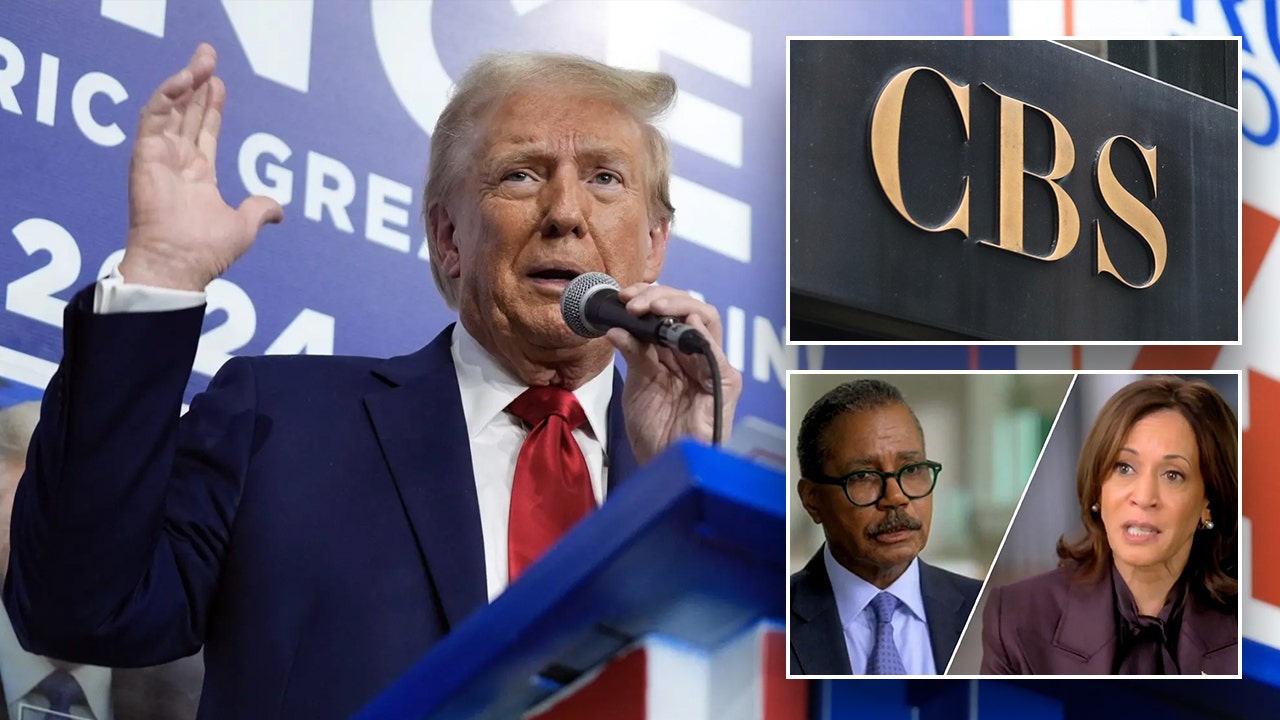
![Tom Homan Completely Clobbers Politico Journo Over Dems ICE Agent Mask Ban [WATCH] Tom Homan Completely Clobbers Politico Journo Over Dems ICE Agent Mask Ban [WATCH]](https://www.lifezette.com/wp-content/uploads/2025/06/2025.06.11-09.08-lifezette-6849f05050f20.jpg)
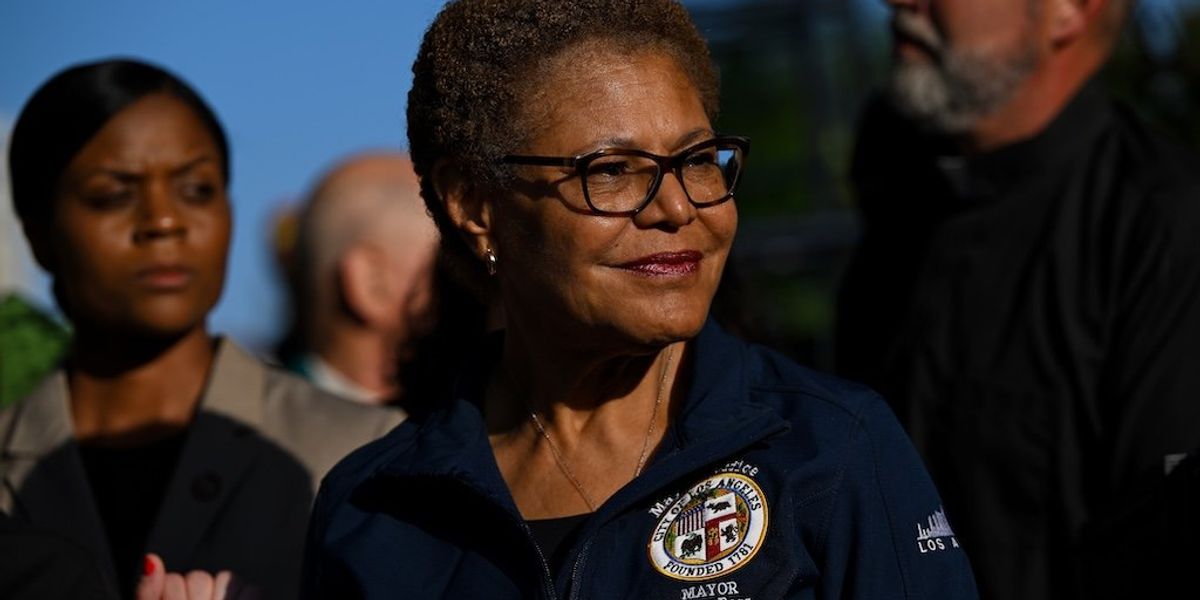
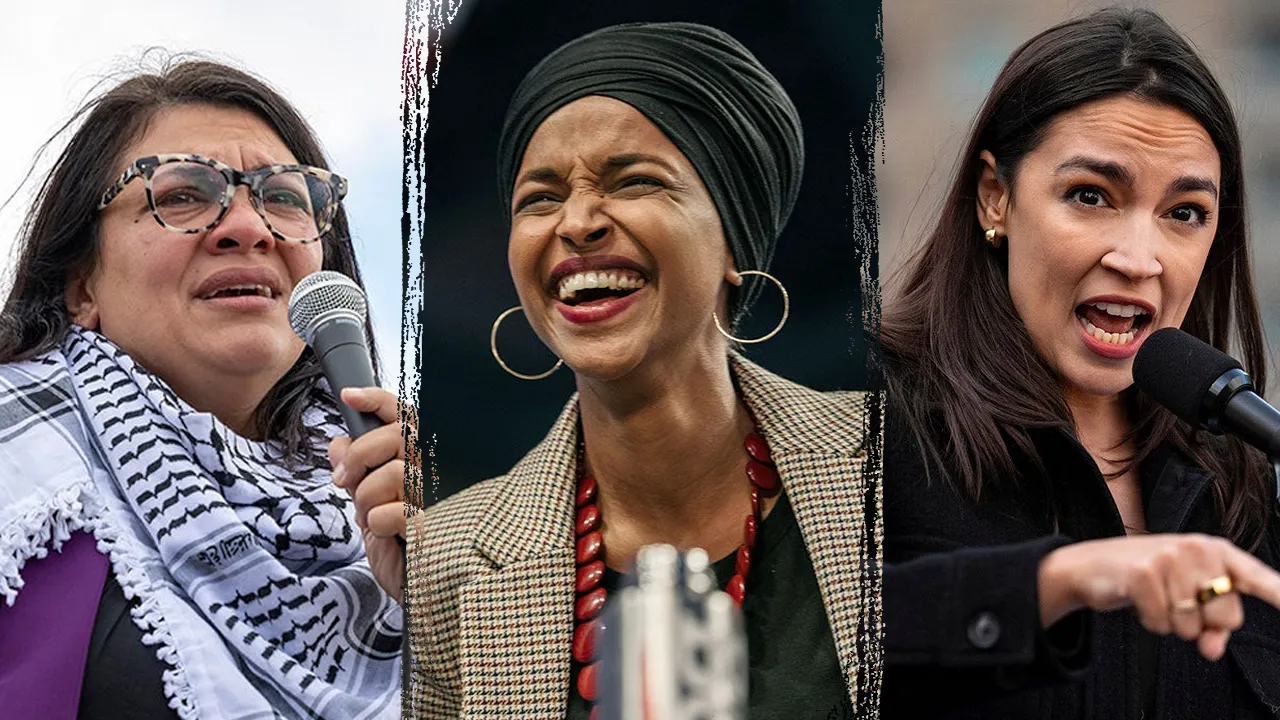
![DC Comics Superhero Actor Jason Momoa Witnesses Horrific Milwaukee Car Accident, Steps Up [WATCH] DC Comics Superhero Actor Jason Momoa Witnesses Horrific Milwaukee Car Accident, Steps Up [WATCH]](https://www.boredtrashpanda.com/wp-content/uploads/2025/07/2025.07.14-07.18-boredtrashpanda-687557ed80cf9.jpg)
